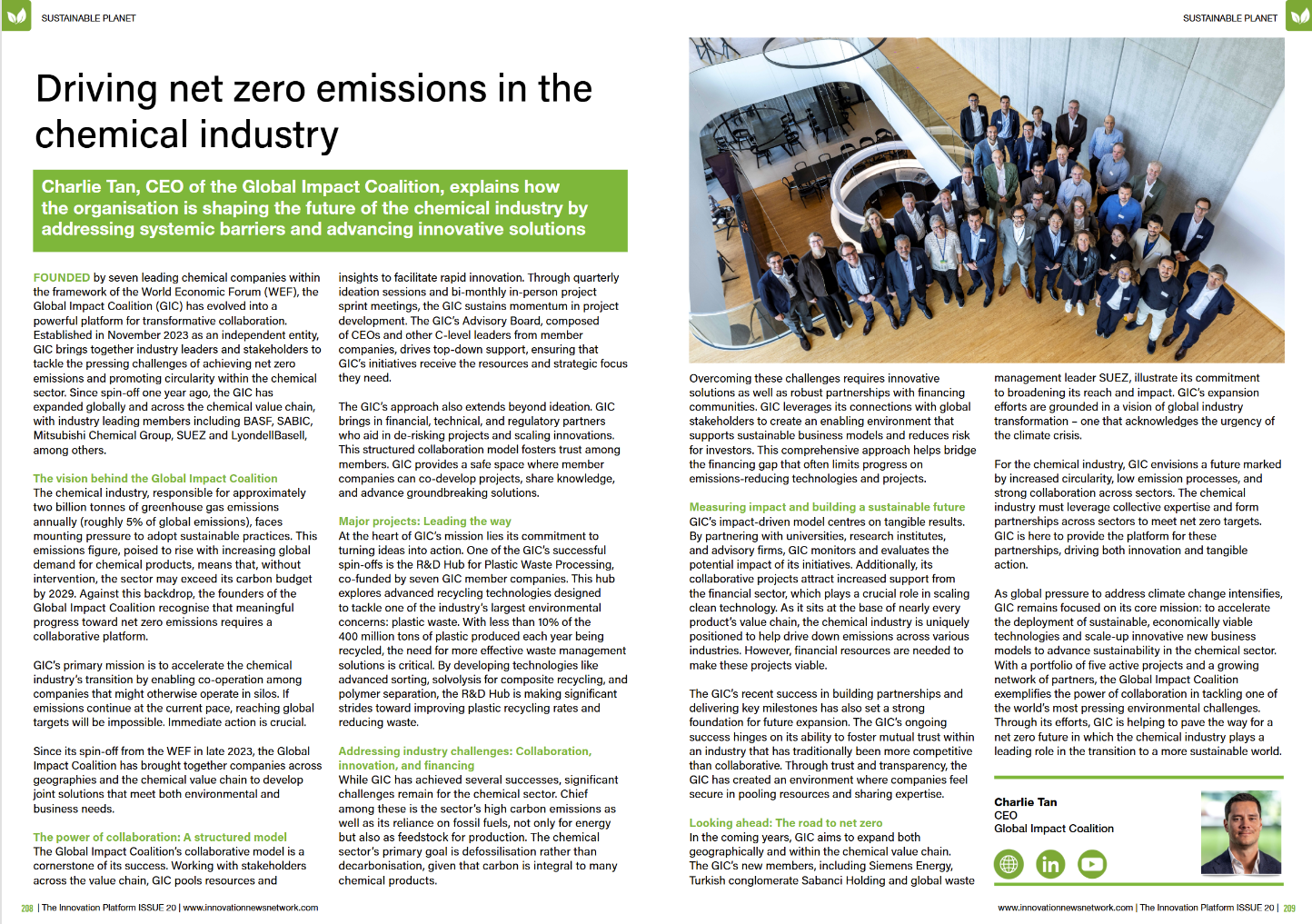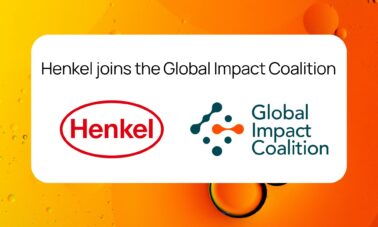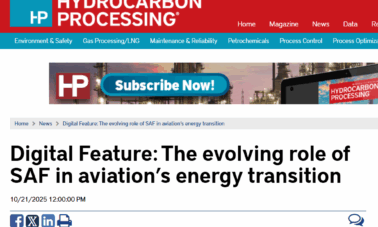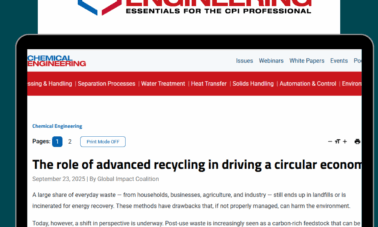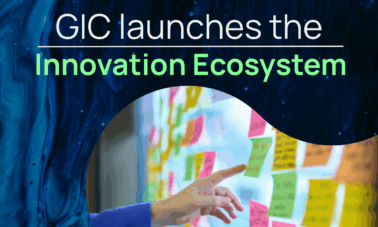(Published on the Innovation News Network.)
Charlie Tan, CEO of the Global Impact Coalition, explains how the organisation is shaping the future of the chemical industry by addressing systemic barriers and advancing innovative solutions.
Founded by seven leading chemical companies within the framework of the World Economic Forum (WEF), the Global Impact Coalition (GIC) has evolved into a powerful platform for transformative collaboration. Established in November 2023 as an independent entity, GIC brings together industry leaders and stakeholders to tackle the pressing challenges of achieving net zero emissions and promoting circularity within the chemical sector. Since spin-off one year ago, the GIC has expanded globally and across the chemical value chain, with industry leading members including BASF, SABIC, Mitsubishi Chemical Group, SUEZ and LyondellBasell, among others.
The vision behind the Global Impact Coalition
The chemical industry, responsible for approximately two billion tonnes of greenhouse gas emissions annually (roughly 5% of global emissions), faces mounting pressure to adopt sustainable practices. This emissions figure, poised to rise with increasing global demand for chemical products, means that, without intervention, the sector may exceed its carbon budget by 2029. Against this backdrop, the founders of the Global Impact Coalition recognise that meaningful progress toward net zero emissions requires a collaborative platform.
GIC’s primary mission is to accelerate the chemical industry’s transition by enabling co-operation among companies that might otherwise operate in silos. If emissions continue at the current pace, reaching global targets will be impossible. Immediate action is crucial.
Since its spin-off from the WEF in late 2023, the Global Impact Coalition has brought together companies across geographies and the chemical value chain to develop joint solutions that meet both environmental and business needs.
The power of collaboration: A structured model
The Global Impact Coalition’s collaborative model is a cornerstone of its success. Working with stakeholders across the value chain, GIC pools resources and insights to facilitate rapid innovation. Through quarterly ideation sessions and bi-monthly in-person project sprint meetings, the GIC sustains momentum in project development. The GIC’s Advisory Board, composed of CEOs and other C-level leaders from member companies, drives top-down support, ensuring that GIC’s initiatives receive the resources and strategic focus they need.
The GIC’s approach also extends beyond ideation. GIC brings in financial, technical, and regulatory partners who aid in de-risking projects and scaling innovations. This structured collaboration model fosters trust among members. GIC provides a safe space where member companies can co-develop projects, share knowledge, and advance ground-breaking solutions.
See the full article on page 208-209 in the December 2024 edition of the Innovation Platform digital magazine.



